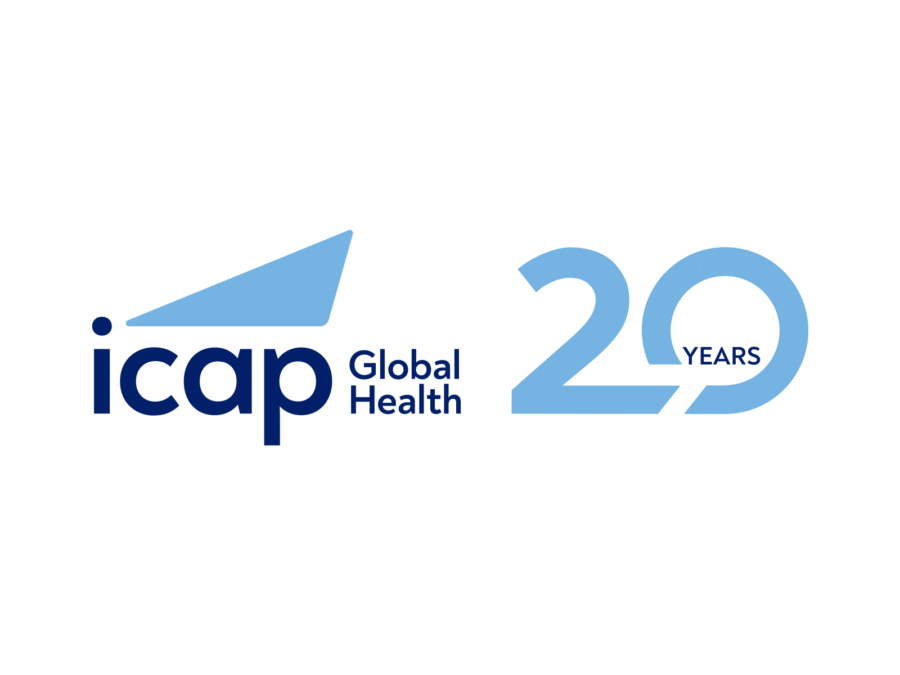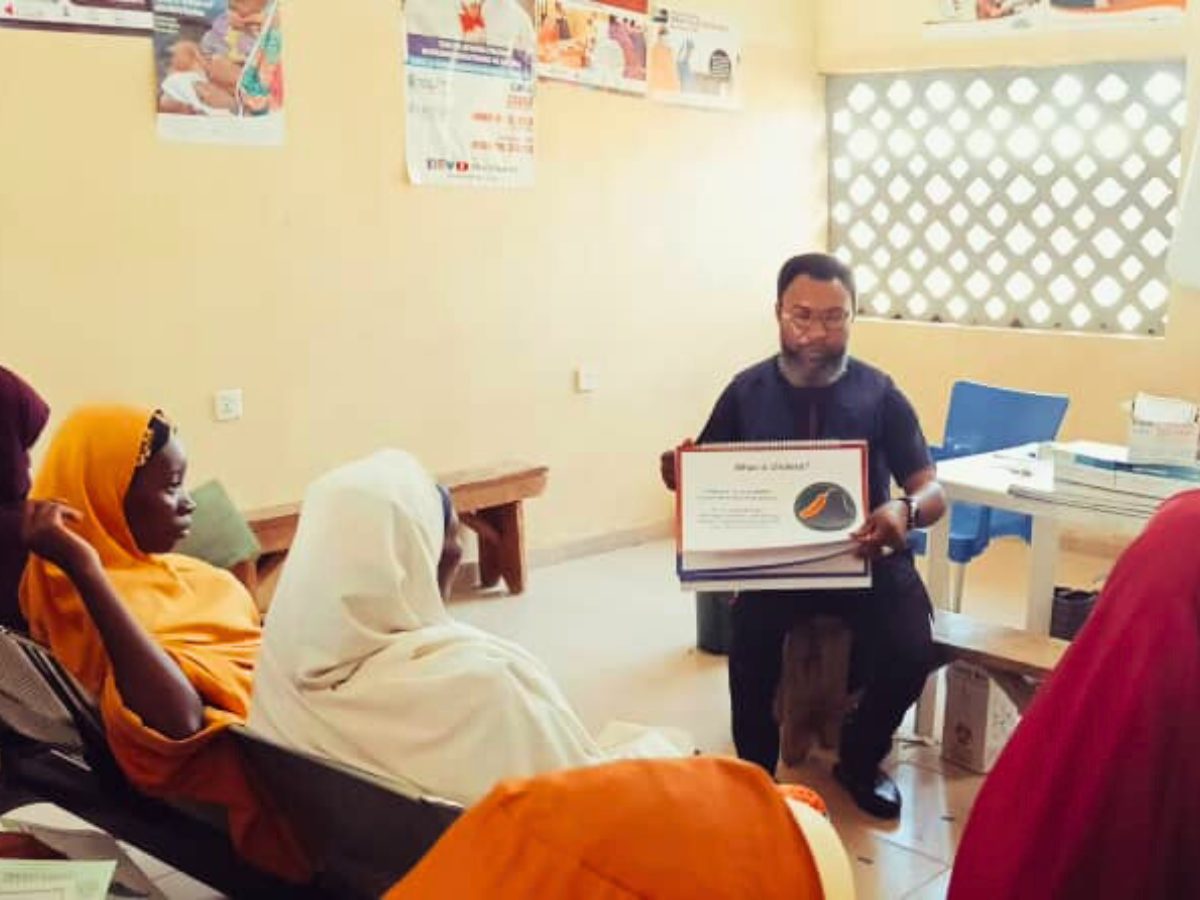When a 7-year old girl named Joy confided in a neighbor that she had been raped by the male head of the household in her adopted family, the neighbor immediately took Joy to the local police station to report the incident and subsequently the perpetrator was arrested. She then took Joy to the Gisenyi One Stop Center for medical care and counseling services, where she received urgent care and counseling.
Joy’s story highlights the significant challenges that still exist in combating gender-based violence. Ensuring early arrival to health facilities, better follow-up care, long-term psychosocial support, and collection of forensic evidence are essential to the well being of a sexually abused survivor. Yet, with stigma and secrecy surrounding the issue of sexual violence, those who need care most often avoid it.
From November 25 to December 10, organizations around the world have come together to recognize the International Day for the Elimination of Violence Against Women and 16 Days of Activism Against Gender Violence Campaign. These two campaigns serve to shine a light on experiences like Joy’s and reaffirm the global community’s commitment to ensuring an end to sexual and gender based violence. As a partner in this effort, ICAP has worked around the world to develop services that support the prevention and treatment of this health problem. In particular, ICAP has focused on providing sexual and gender-based violence (SGBV) services and community outreach in Rwanda.
Sexual violence is a frequently reported crime in Rwanda. As many as 25 percent of Rwandan women were survivors of sexual abuse, and 31 percent have reported having suffered physical violence (National Research on Violence Against Women, USAID, 2004). While data on sexual violence against children is often lacking, Rwanda National Police records show that abuse cases of children between 8 and 18 years old constituted 75 percent of all domestic abuse cases between May and July 2006. Exposure to gender-based violence and sexual coercion significantly increases girls’ and women’s chances of early sexual debut, unwanted pregnancies, abortion, experiencing forced sex, engaging in transactional sex, non-use of condoms, and HIV transmission. The perpetrators are often family members thus complicating the situation and resulting in failure to disclose the event.
In 2010, ICAP partnered with the Government of Rwanda in its pioneering efforts to expand comprehensive health care services for survivors of sexual violence. Funded by the President’s Emergency Fund for AIDS Relief (PEPFAR), ICAP supported the provision of an array of critical health services including psychosocial support and counseling, HIV testing and STI screening and treatment, emergency contraceptive access, and a referral system between clinical and police services.
Starting at the Gisenyi and Muhima District Hospitals, ICAP worked in collaboration with the Rwanda Ministry of Health and the National Police to develop services for the One Stop Center for SGBV survivors. Within the district hospitals, ICAP supported facility upgrades to accommodate the newly added services, which included HIV testing at the time of the initial visit and at the three-month follow-up visit, prophylaxis for HIV and STIs, emergency contraception, medical care for any injuries sustained, psychological counseling, support for initial reporting to police, and where necessary, a safe place to stay. ICAP also supported the recruitment and orientation of providers on SGBV testing and counseling and emergency medical examination and treatment for rape survivors, using SGBV clinical guidelines. As of February 2012, ICAP had initiated services for SGBV survivors at all 9 district hospitals it has supported.
While these expanded services have helped to improve access to care for SGBV survivors, ICAP and partners have worked to overcome challenges to accessing and treating survivors. Cases of sexual violence are frequently disclosed late, if at all: A large proportion of survivors arrive after 48 hours and are therefore ineligible for post-exposure prophylaxis (PEP), a treatment started immediately after potential HIV exposure to prevent acquisition of infection. Additionally, more than two-thirds of survivors are children under the age of 18, requiring specific and age appropriate interventions.
Improving linkages between health facilities, the community and legal services is also necessary. In Kigali, ICAP partnered with Kacyiru Police Hospital to strengthen referral and follow-up support services for patients treated at the hospital’s One Stop Center. The center also receives support to conduct practical clinical training for district hospital providers.
ICAP, in collaboration with the Rubavu District and Rwanda National Police, organized a Gender Based Violence (GBV) Awareness Week at the Umuganda Stadium in the Western Province of Rwanda. The GBV Awareness Week, first launched in October 2011 and continued this year, marked the start of community sensitization campaigns in 12 sectors of the Rubavu District. These community campaigns increase awareness, engaging community members in discussions about how to combat against SGBV.
ICAP’s work in Rwanda is now expanding to other countries such as Mozambique. Applying lessons learned from the One Stop Center model, ICAP and partners are working together toward the prevention of and response to violence against women and girls around the world.







